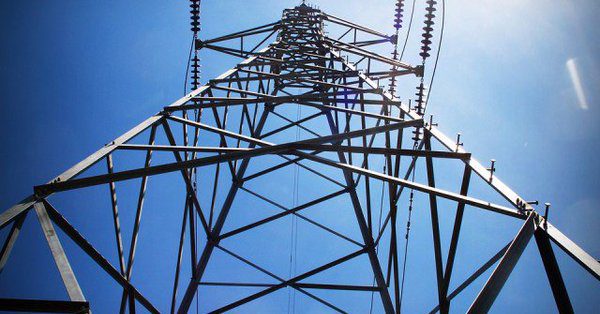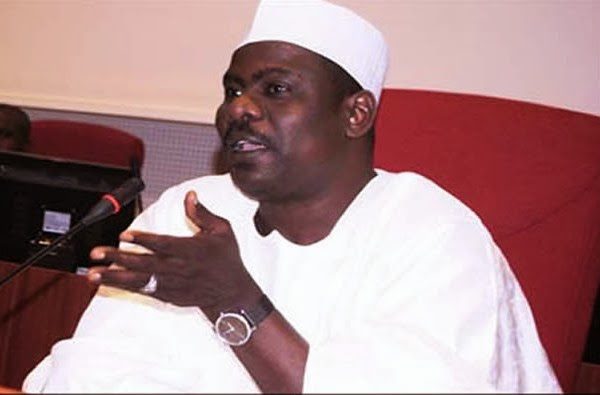Breaking News
Electricity generation: Nigeria’s average generation rises 8.6% to 3,970MW
A Lagos-based producer of water, said: “One could have been happier if the federal government has completely forgotten about the electricity tariff review. As an organisation, we are worried about the impact it would make on our business.

Nigeria’s average electricity generation rose by 8.6 per cent year-on-year, YoY to 3,970.33 megawatts, MW in July 2023, from 3,655.64MW recorded in the corresponding period of 2022.
But on month-on-month, MoM basis, the nation’s average generation dropped marginally by 0.5 per cent to 3,970.33MW in July 2023, from 3,991.57MW in June 2023, according to data collated by Vanguard from the National Energy System Operator, a semi-autonomous unit of the Transmission Company of Nigeria, TCN.
Generally, the highest average electricity generation of 4,616MW was recorded in February 2023 while 3,970.33MW, clearly the least was recorded in July 2023.
The data further showed that less than 4,000MW was transmitted and distributed to consumers by TCN and the Electricity Distribution Companies, DisCos, respectively.
This was insufficient for households and businesses that were compelled to take to independent power generation at additional cost, due mainly to the high cost of diesel and petrol, currently hovering at over N600 and N500 per litre, respectively.
A Lagos-based producer of water, said: “One could have been happier if the federal government has completely forgotten about the electricity tariff review. As an organisation, we are worried about the impact it would make on our business.
“Well, we shall have no other option than to increase our prices to cover the cost and make at least a little profit whenever the tariff review becomes operational.”
Similarly, the President, of Nigeria Consumer Protection Network and former member, Presidential Adhoc Committee on Review of Electricity Tariff in Nigeria, Kunle Olubiyo, said: “With the recent floating of Naira/Deregulation of the Forex Trading Windows allowing the value of Naira to be determined by market forces and the removal of subsidy on petrol, it is expected that these will impact positively or negatively on electricity tariff and translate into general high cost of living in Nigeria, depending on the school of thought or individual’s perception. The last tariff increase in Nigeria was benchmarked on N400/$1. As of today, the exchange rate is N750/$1.”
It added: “More investment should be channelled into the capacity expansion of critical power grid infrastructure and network improvements in order to upscale efficient service delivery.”




















